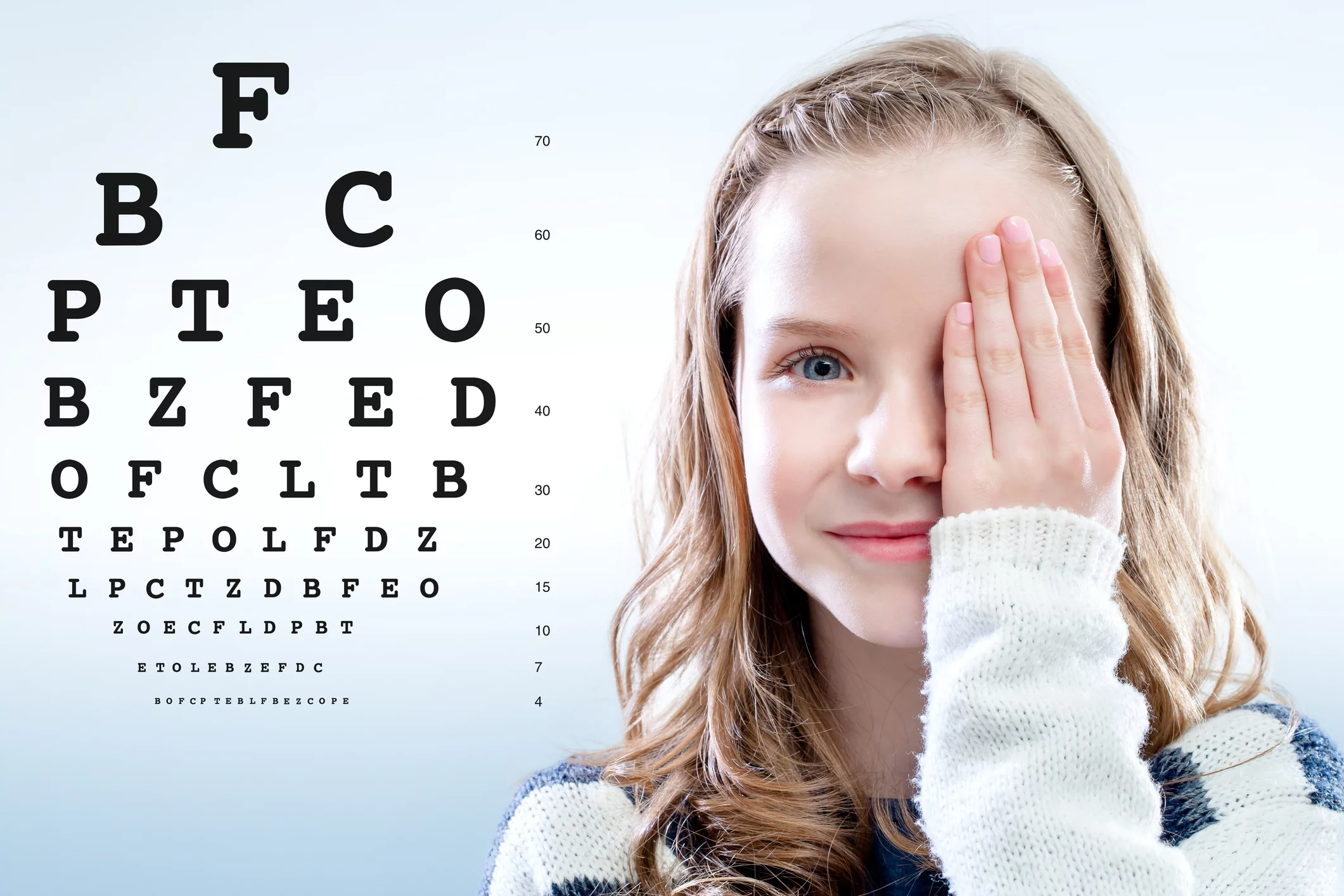
Signs Your Child May Need Glasses
Introduction
Children’s vision is a crucial part of their overall development and learning. Identifying vision problems early can make a significant difference in your child’s academic performance and daily activities. This blog post will discuss the common signs that may indicate your child needs glasses and why regular eye exams are essential.
Why Children’s Eye Health Matters
Good vision is essential for children to learn and interact with the world around them. Poor vision can lead to difficulties in school, lower self-esteem, and a decreased quality of life. Detecting vision issues early can prevent long-term problems and ensure your child reaches their full potential.
Common Signs Your Child May Need Glasses
1. Squinting
Squinting is a common sign that your child may be having trouble seeing clearly. By squinting, they are trying to reduce the amount of light entering the eye, which can help improve focus and clarity.
2. Sitting Too Close to the TV or Holding Books Close
If your child consistently sits very close to the television or holds books and other objects close to their face, it may indicate that they are nearsighted and have difficulty seeing things from a distance.
3. Frequent Headaches or Eye Strain
Headaches or eye strain after reading or other close-up activities can be a sign of farsightedness or astigmatism. This occurs because the eyes are working too hard to focus.
4. Rubbing Eyes Excessively
While occasional eye rubbing is normal, frequent or excessive eye rubbing can indicate eye fatigue or strain, which may be caused by vision problems.
5. Closing One Eye or Covering One Eye
If your child closes one eye or covers one eye while reading or watching TV, it might be a sign of double vision or an eye alignment issue, such as strabismus.
6. Tilting the Head
Tilting the head to one side can be a way for your child to adjust their angle of vision and compensate for a vision problem, such as astigmatism.
7. Difficulty Concentrating or Short Attention Span
Vision problems can make it hard for children to concentrate on tasks, especially those that require sustained visual attention, like reading or doing homework.
8. Avoiding Reading or Other Close-Up Activities
If your child avoids reading, drawing, or other close-up activities, it might be because these tasks are difficult or uncomfortable due to poor vision.
9. Covering or Closing One Eye in Bright Light
Sensitivity to light, or photophobia, can be a sign of certain vision issues. If your child frequently covers or closes one eye in bright light, it may indicate a problem that needs attention.
10. Poor Academic Performance
Vision problems can significantly impact your child’s ability to learn and perform in school. If your child is struggling academically, it’s essential to rule out vision issues as a contributing factor.
Importance of Regular Eye Exams
Regular eye exams are vital in detecting vision problems early. The American Optometric Association recommends that children have their first eye exam at six months, another at three years, and before starting school. After that, annual eye exams are crucial to monitor and maintain eye health.
What to Expect During an Eye Exam
A comprehensive eye exam for children typically includes:
- Visual Acuity Test: Measures how clearly your child can see at different distances.
- Eye Alignment and Movement: Ensures the eyes are working well together and moving correctly.
- Eye Health Evaluation: Checks for any abnormalities or signs of eye diseases.
- Refractive Assessment: Determines the presence of nearsightedness, farsightedness, or astigmatism.
Conclusion
Identifying vision problems early can make a significant difference in your child’s life. If you notice any of these signs, it’s essential to schedule an eye exam as soon as possible. At Vaga Hospital, our Pediatric Ophthalmology department specializes in comprehensive eye care for children. Ensure your child’s vision is on the right track by booking an appointment with us today.
Call to Action: For more information on children’s eye health or to schedule an appointment with one of our pediatric eye specialists, please call us at 6391000030,31.
